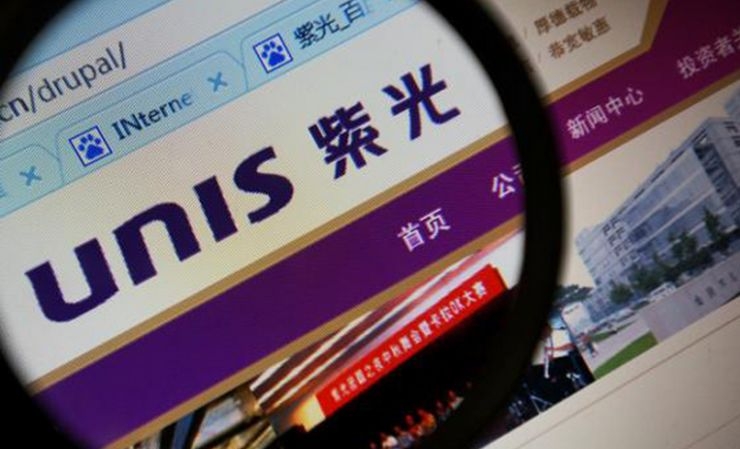
Earlier this month, the industry’s largest Chinese chip maker, Ziguang Group, announced that it will join forces with Wuhan Xinxin Semiconductor Manufacturing Co., Ltd. (hereinafter referred to as “Wuxi Xinxinâ€) to enter the memory market.
Today, more precise news came out. According to the "Wall Street Journal" report, Ziguang Group has already acquired part of Wuhan Xinxin, which will be renamed Yangtze River Storage Technology Co.
According to reliable sources, Zhao Weiguo, chairman of Ziguang, will become the chairman of the new holding company (note that other media reports that Zhao Weiguo was appointed as the president are wrong). In addition, Ziguang is not currently the largest shareholder of the Yangtze River Storage Technology Company. The controlling party of the remaining equity is the IC Industry Investment Fund and another fund supported by the Wuhan Municipal Government.
In fact, last year Ziguang began targeting the memory market, and this company nearly lost revenue from Micron, but eventually ended in failure. After this, purple light moves frequently. Firstly, it took shares in Western Digital and assisted Western Digital in the acquisition of SanDisk's transaction. Later, it succeeded in joining Li Cheng and led the former president of Hua Yake to be instructed. Not long ago, Zhao Weiguo also pledged to invest US$30 billion in the big data industry summit. On the manufacture of memory chips, the determination of the violet layout memory can be seen.
Although Wuhan Xinxin is not as bright as Ziguang, its storage project has received financial support from the National Integrated Circuit Industry Investment Fund and the Academy of Sciences. Wuhan Xinxin, which received US$24 billion in investment in March of this year, launched the construction of the NAND Flash production base in Wuhan City. It is expected to start production in 2018 and reach a production capacity of 300,000 wafers per month by 2020.
Industry insiders believe that Ziguang has funds, Wuhan Xinxin has production protection, plus third-party (Micron, etc.) technical support, the two together is a great opportunity for China's memory chips to catch up with foreign giants.